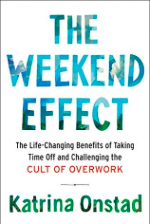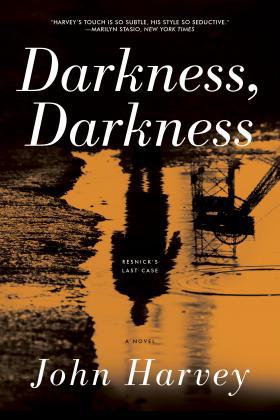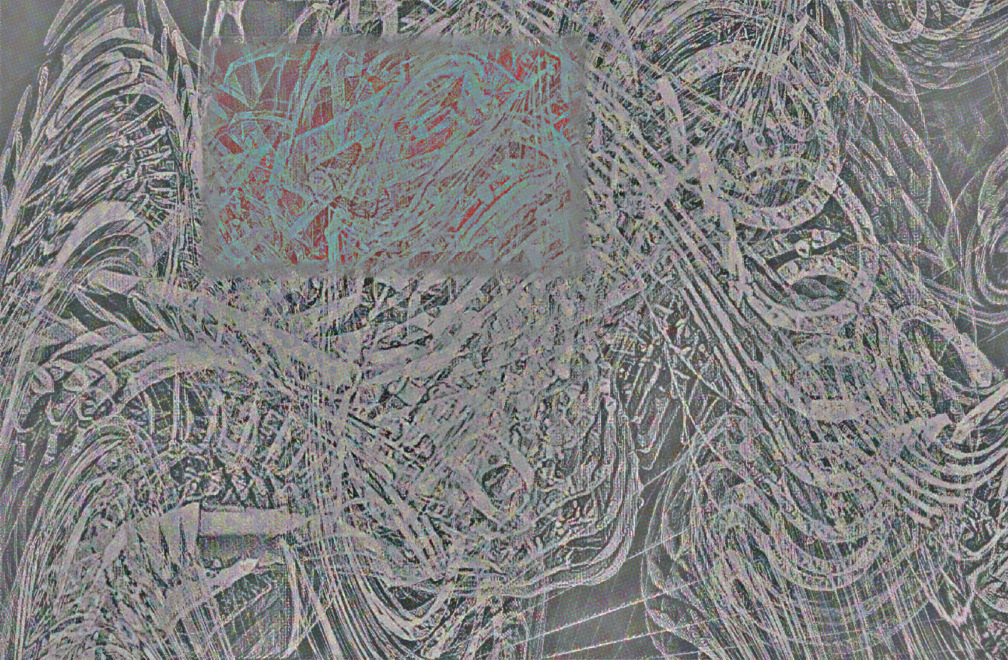This is a review I previously wrote on Goodreads.
Children of Time is available here
My husband always buys me a pile of books for Christmas and my birthday (which is just over two weeks after Christmas…) He always buys me a well thought out variety of books; he chooses authors I like or want to read, and authors and books I won’t have heard of but he knows I would enjoy.
Children of Time is one of those books; I hadn’t heard of Adrian Tchaikovsky before, and as fantasy is my go-to genre, I probably wouldn’t have picked this up. And this is why my husband is amazing – because I absolutely loved this book:
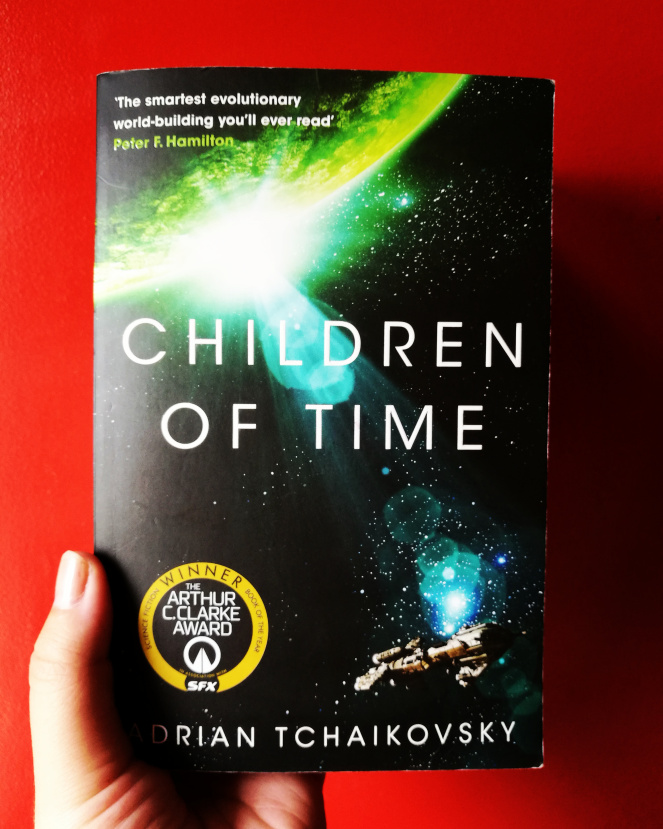
Children of Time is a sci-fi, focusing on space exploration and evolutionary experimentation. The narrative is split between a convoy from Earth searching for a new home, and the subjects of the experiment.
This is the most in depth world building I have yet to come across; Tchaikovsky’s exploration of evolution and different impacts upon it is staggering.
The book is a kaleidoscope of moral challenges and opens interesting dialogues on humanity and consequences.
Although set in the far-reaching future, it has some eye opening critiques relevant to our society today.
Below I go into more details regarding the plot, there may be spoilers:
Children of Time was a Christmas present from my husband who, taking advantage of its placement on my to-read list, read it before me and has not waited with the patient of a saint for me to read it.
He warned me there’d be spiders…
So a rough outline of the plot: an experiment to seed a terraformed planet (a planet which has been prepared and made suitable for human life) with apes and an evolution-enhancing virus is sabotaged. The virus makes it onto the planet but the monkeys do not.
A millennium later, the human race has battled through a war that has brought them to the brink of extinction, an ice age and have built themselves back up to a technological advancement that allows space exploration. The mistakes of the past have left the planet earth beyond saving, and so they look to the stars for a new home.
Meanwhile the virus has found a home in the insects of the terraformed planet and the narrative focuses on the evolution of spiders.
Now I am not a fan of spiders, and struggled reading the first section regarding them. By the second section, my husband tried to make light of my discomfort by suggesting I substitute “spider” for “kitten”, and I managed to get through that whole section of narrative by quite successfully picturing three kittens climbing through the trees. It worked surprisingly well.
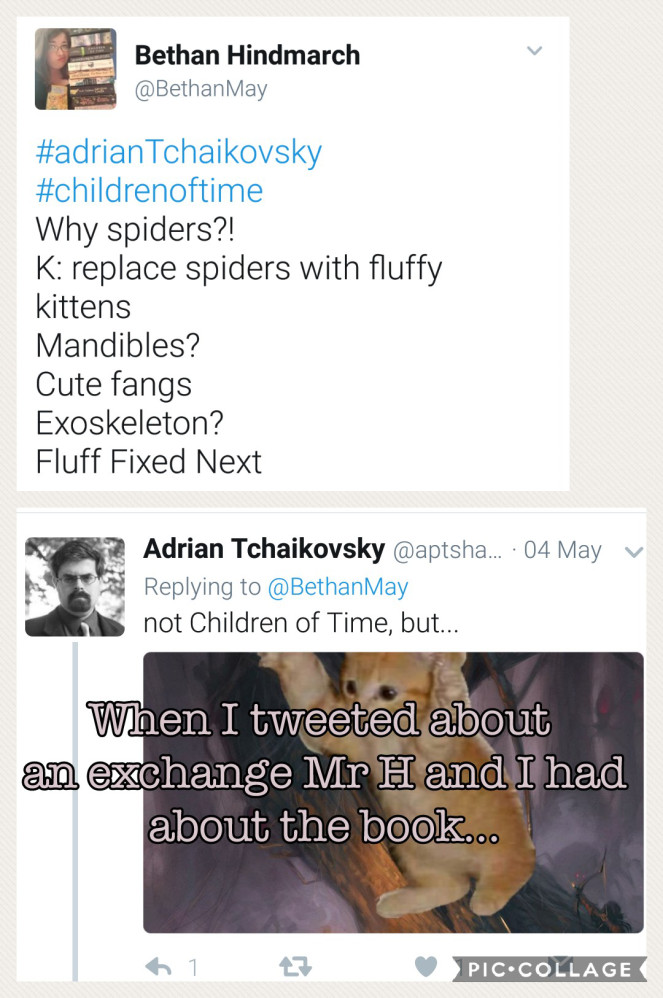
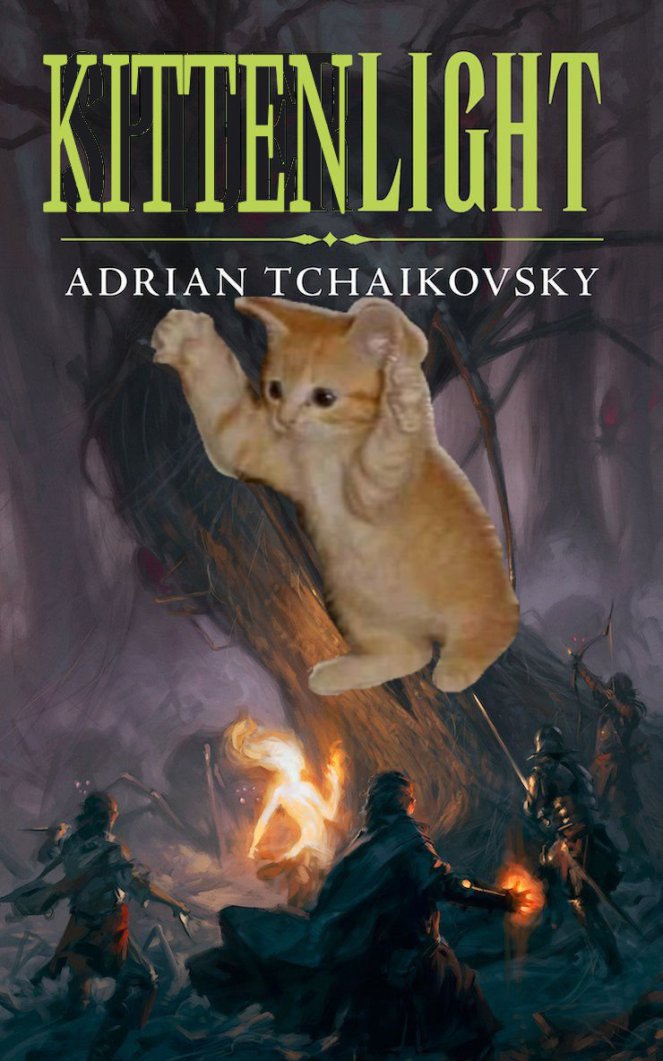
But as the narrative progresses so does the evolution of the spiders and I began to find it easier to cope with them; I’m not sure whether it was familiarity or desensitisation or whether the creatures had become too far removed from what my phobia constitutes a spider to be.
It was fascinating to read the gradual construction of their society; through warfare and conquest, religion and scientific and technological advancement. As I said above, the world building is staggering as he literally builds it from the ground up.
Personally, the human story arc was less compelling and I looked forward to returning to the spiders! I think I may be cured of my arachnophobia!
The narrative is fast paced; at no point did I feel the story was dragging, in fact I struggled to put it down and carried it with me in my bag in the off chance I’d have an opportunity to carry on reading.
The human characters are wonderfully complex in their limited environment. They face obstacles which stretch them past the point of snapping and yet the narrative remains objective; right until the end where the emotions finally rugby tackled me to the floor and I sobbed.
If you at any point find yourself rooting for the spiders don’t worry, so did I.


